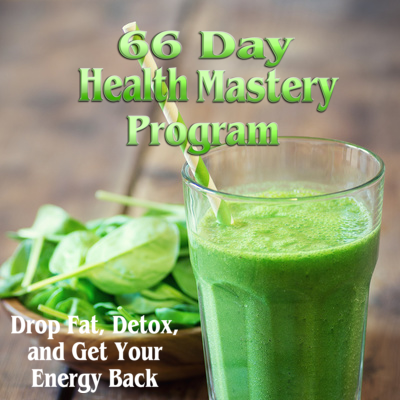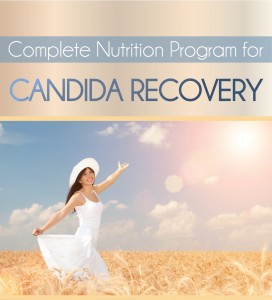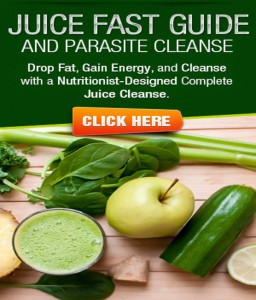Countless studies have been done that show that cacao (without added dairy or processed sugar) has a multitude of health benefits. I could literally write an entire paper on the benefits of cacao!
Luckily for those of us who enjoy the sublime taste of raw chocolates, there are no scientific studies that have concluded that cacao is unhealthy.
One of the most intensive studies on the extreme health benefits of cacao was the twenty year Harvard University study of the Kuna Indians, who have “among the lowest rates of cardiovascular disease in the world, even though they’re poor, have lousy sanitation and hygiene, no access to medicine…and yet, they have this remarkably low incident of heart attack, stroke, and high blood pressure: and they consume FOUR TO FIVE CUPS of cocoa a piece, every single day.” – Chris Kilham the “medicine hunter”.
The phytochemical analysis of cacao beans reveals that raw chocolate is perhaps the most chemically complex food on Earth. There are compounds yet to be discovered in this amazing live superfood.
Dr. Gabriel Cousens conducted a study on the health benefits of cacao in 2008. He discovered that raw cacao benefits diabetics as a safe food since it raises blood sugar less than almost any other food. He also discovered that it is not toxic to the liver, despite the false claims to the contrary. It only caused a problem when combined with excessive amounts of fructose containing sweeteners like agave.
Cacao contains more magnesium and chromium than ANY other food! Most of us are deficient in magnesium, and it is critical to vibrant health because it has a role in over 300 cellular processes.
Cacao’s antioxidants have also been proven to dissolve plaque built up in the arteries, which can help in reversing heart disease and can also lower blood pressure. That is truly important considering that heart disease is the number one cause of death in the US and in many other places around the world.
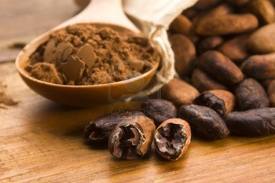
Cacao also contains a significant amount of iron and chromium per serving. Iron is a critical mineral, as it is part of the oxygen carrying protein called hemoglobin that keeps our blood healthy. Chromium is an important trace mineral that helps balance blood sugar and assist in weight loss. Nearly 80% of Americans are deficient in this trace mineral. Cacao has enough chromium to help reverse deficiencies.
Cacao also contains:
Phenethylamine or PEA — a neurotransmitter known as the “love molecule”
Seratonin — a neurotransmitter that acts as a “stress defense shield”
Dopamine — a neurotransmitter that boosts motivation and pleasure
Coumarin — appetite suppressant, blood thinner and anti-tumor properties
Theobromine — dilates blood vessels which naturally lowers blood pressure, taking strain off the heart. Also kills streptococci mutans one of the strains of bacteria that cause tooth decay.
Asparaginase — an enzyme that has anti-leukemia properties
tryptophan — a commonly deficient amino acid
Truly raw cacao contains only a very small amount of caffeine, depending on the actual beans used, approximately the same amount as in decaffeinated coffee. So, for extremely sensitive individuals, raw cacao may not work for you.
Personally, I think cacao is a great superfood to add in small amounts to a smoothie, make a raw brownie, or to have a piece of raw tempered chocolate for a sweet treat. When I make raw tempered chocolate, I like to pair it with the cooling calming foods like vanilla bean, mesquite, spirulina, blue green algae or reishi to make the chocolates not only taste delicious, but truly provide me with an alchemical medicinal food.
There is a lot of misinformation using the buzzword “adrenals” without a true nutritional understanding of how the adrenals work and how they get stressed. Some people are unfortunately missing out on a true healthy food because they have been told that cacao will stress their adrenals. In reality, four minerals are almost always deficient in someone with adrenal fatigue and magnesium is one of them. So for someone who is not ultra-caffeine sensitive, the magnesium in cacao can actually provide a benefit.
It is important to remember that literally almost all plant foods contain different alkaloids which are toxic when isolated from the plant and taken in large doses. This does not mean that the plants that contain them need to be avoided. (think kale, broccoli, beans, legumes etc…) When a persons body begins accumulating too much of a certain alkaloid, a natural aversion to that food begins to develop until the metabolism of the body has removed that compound.

